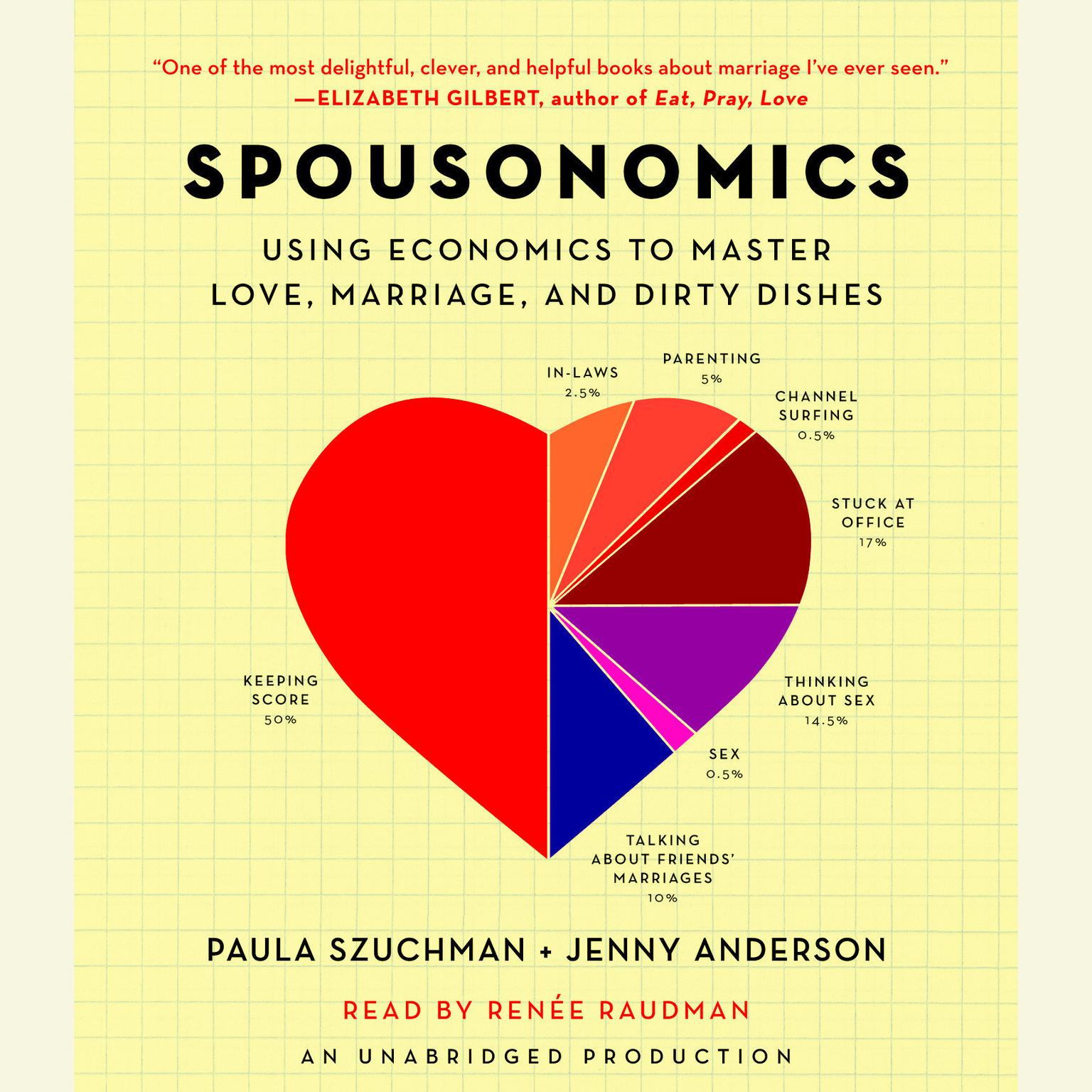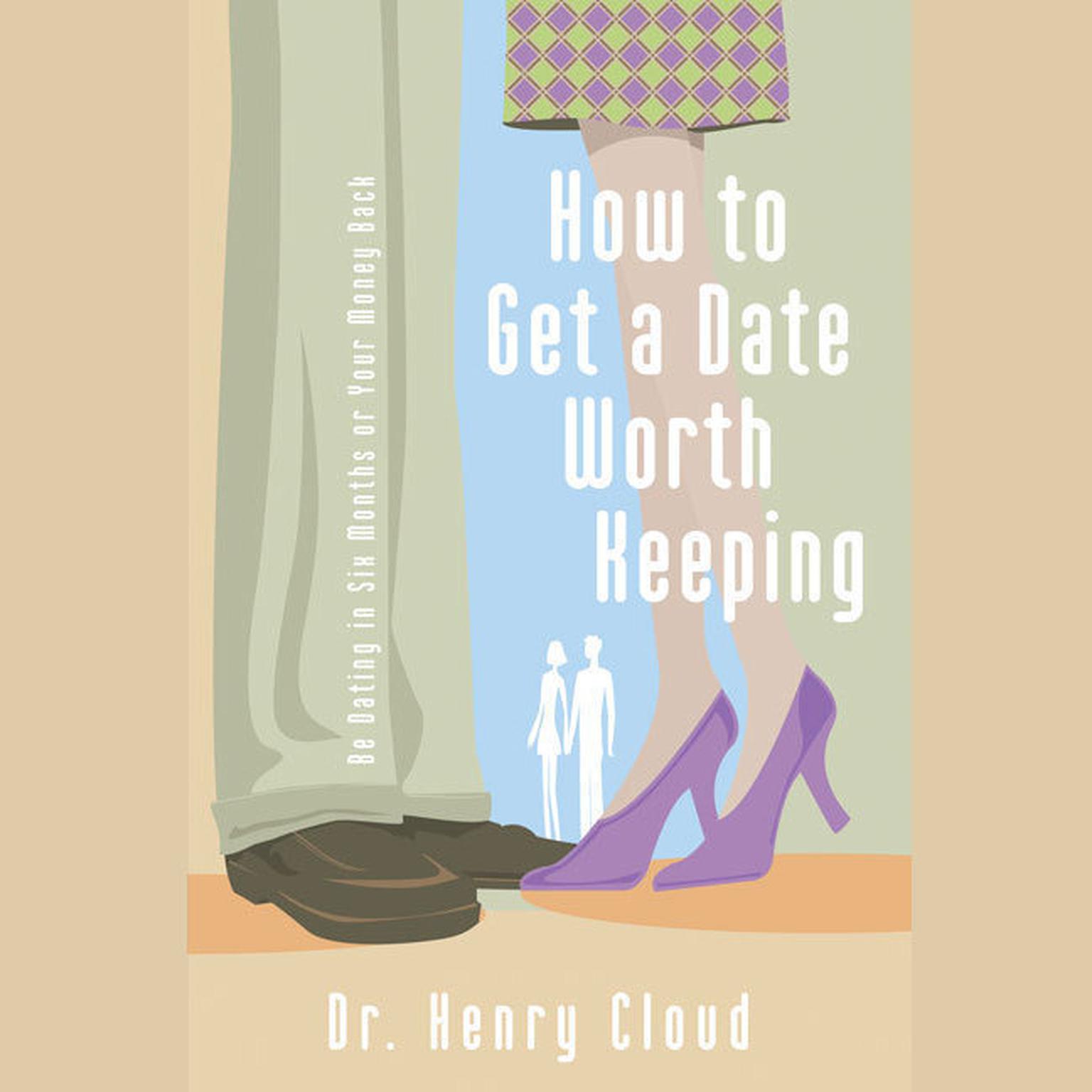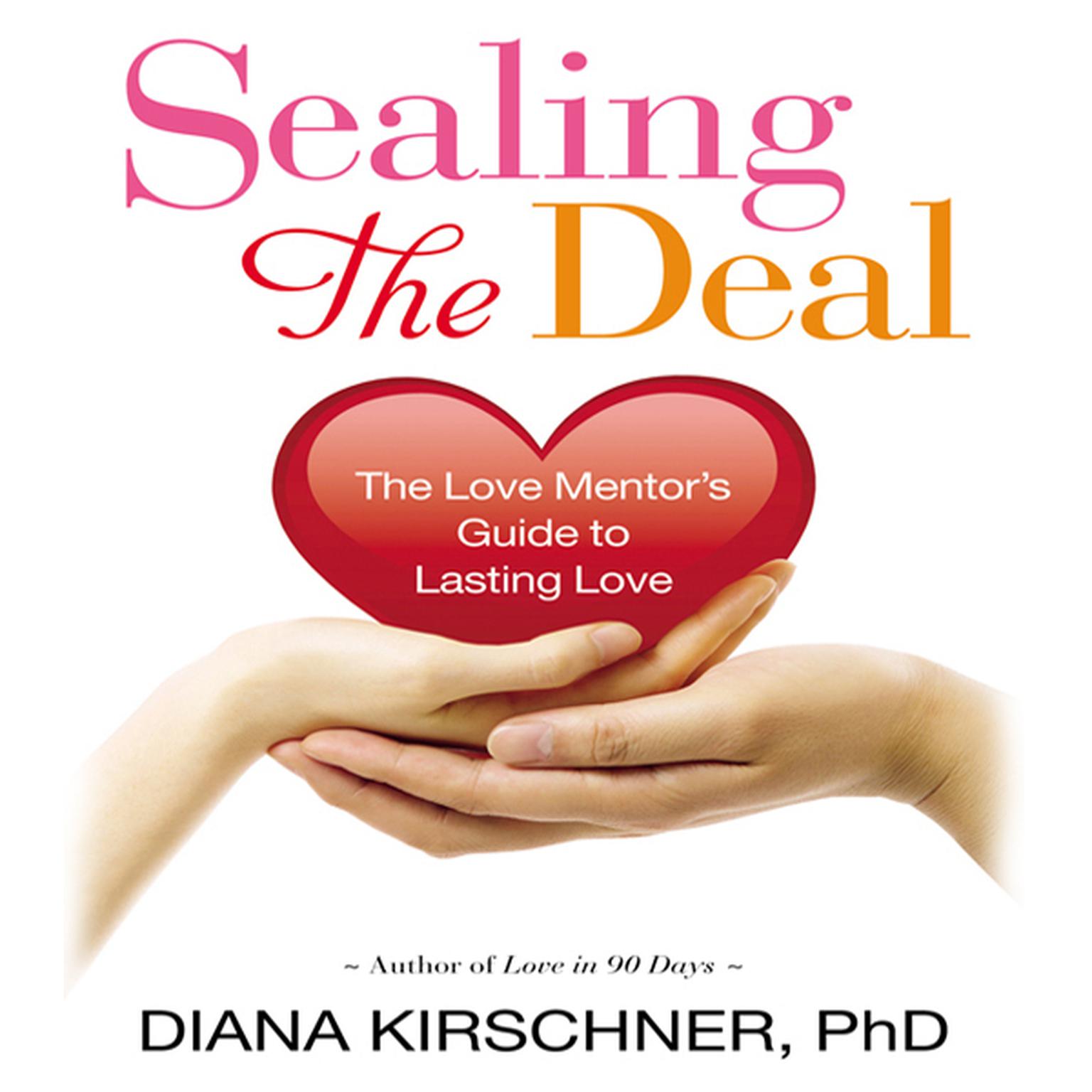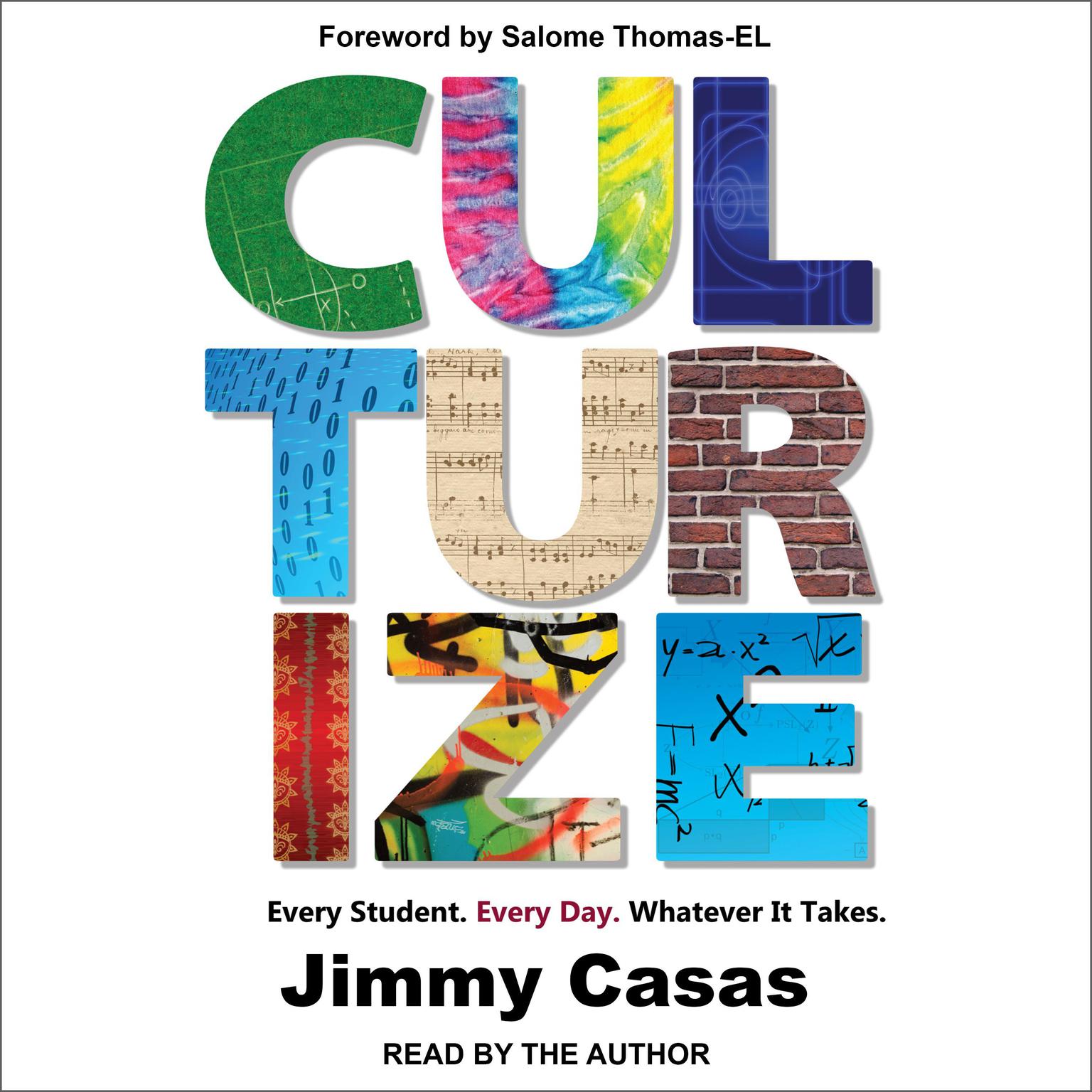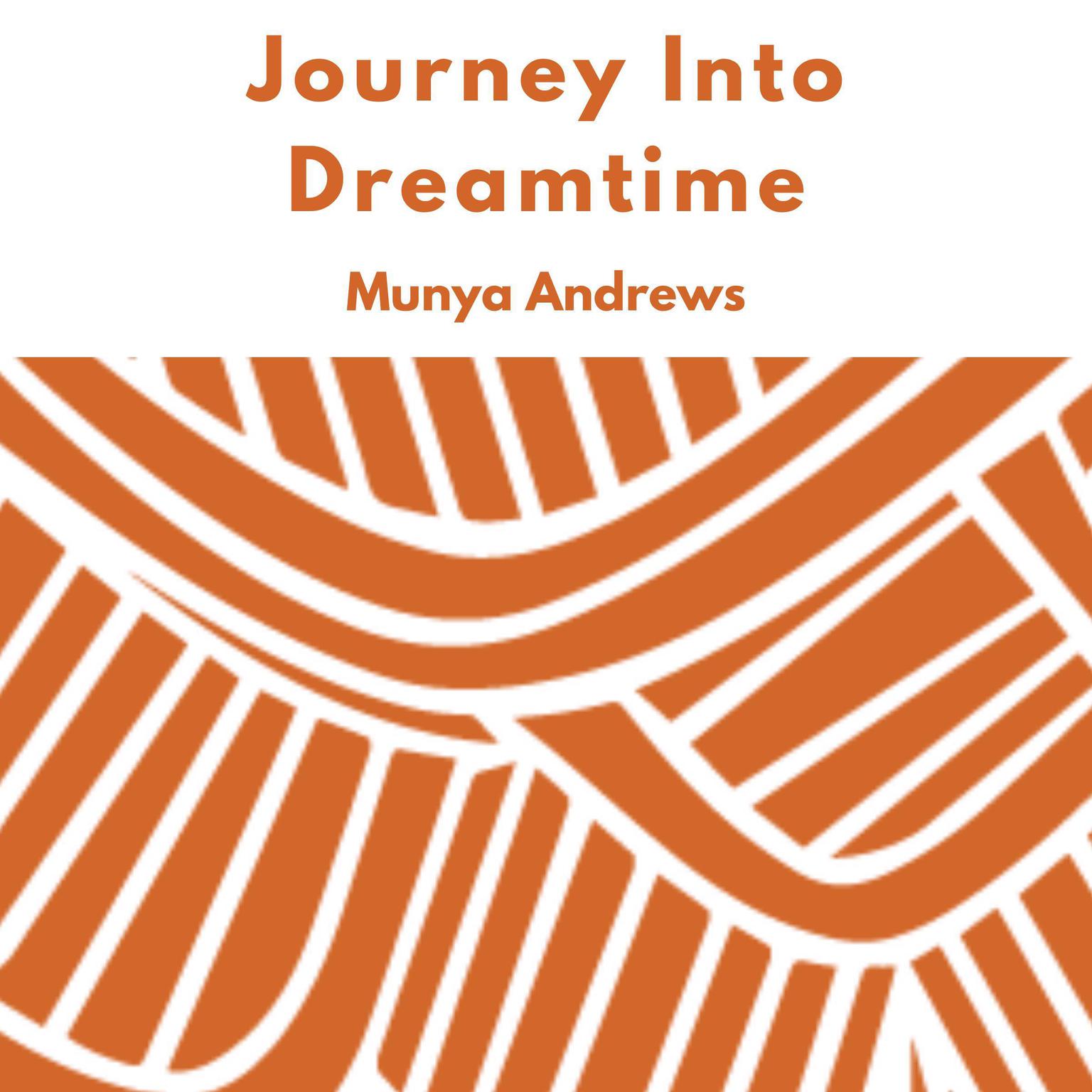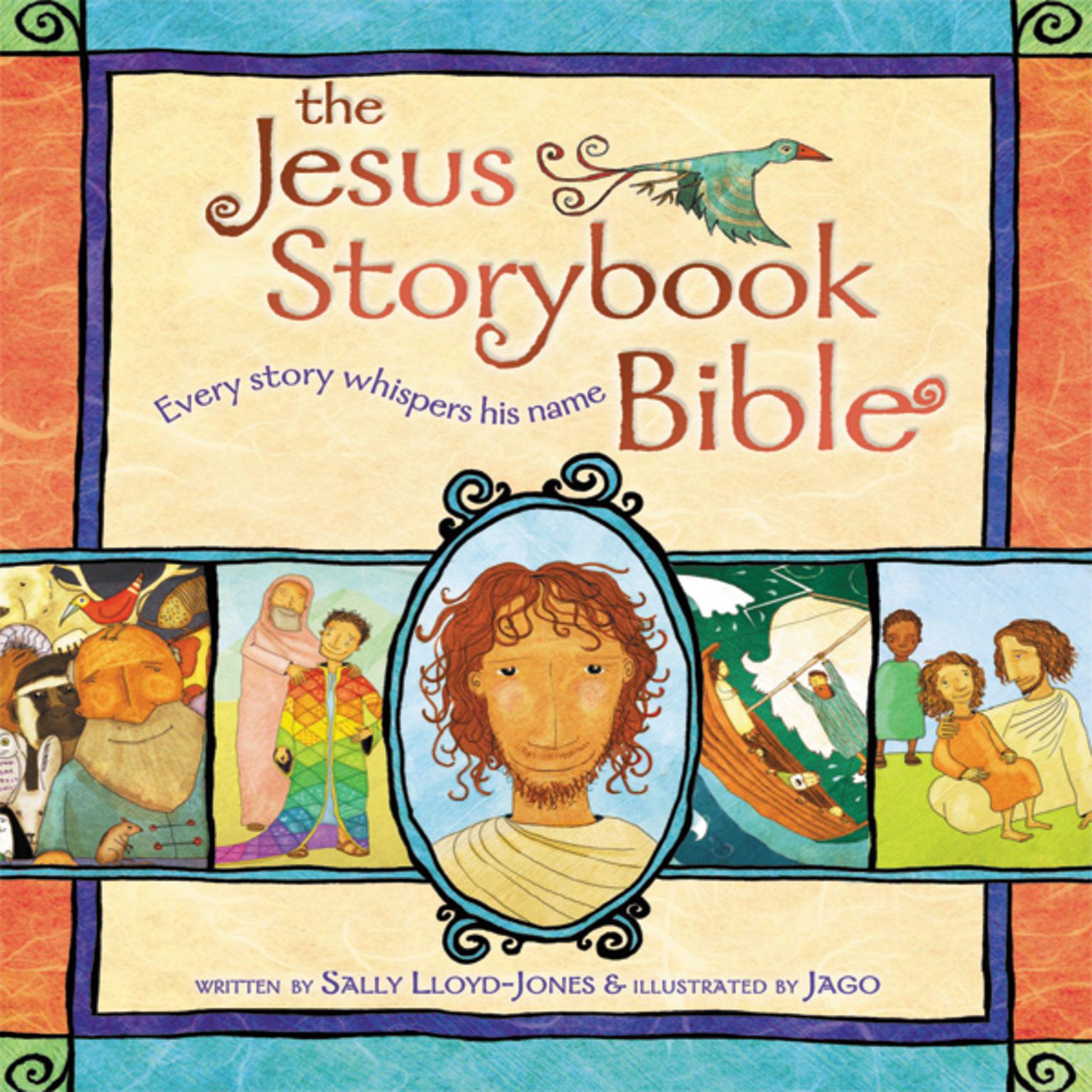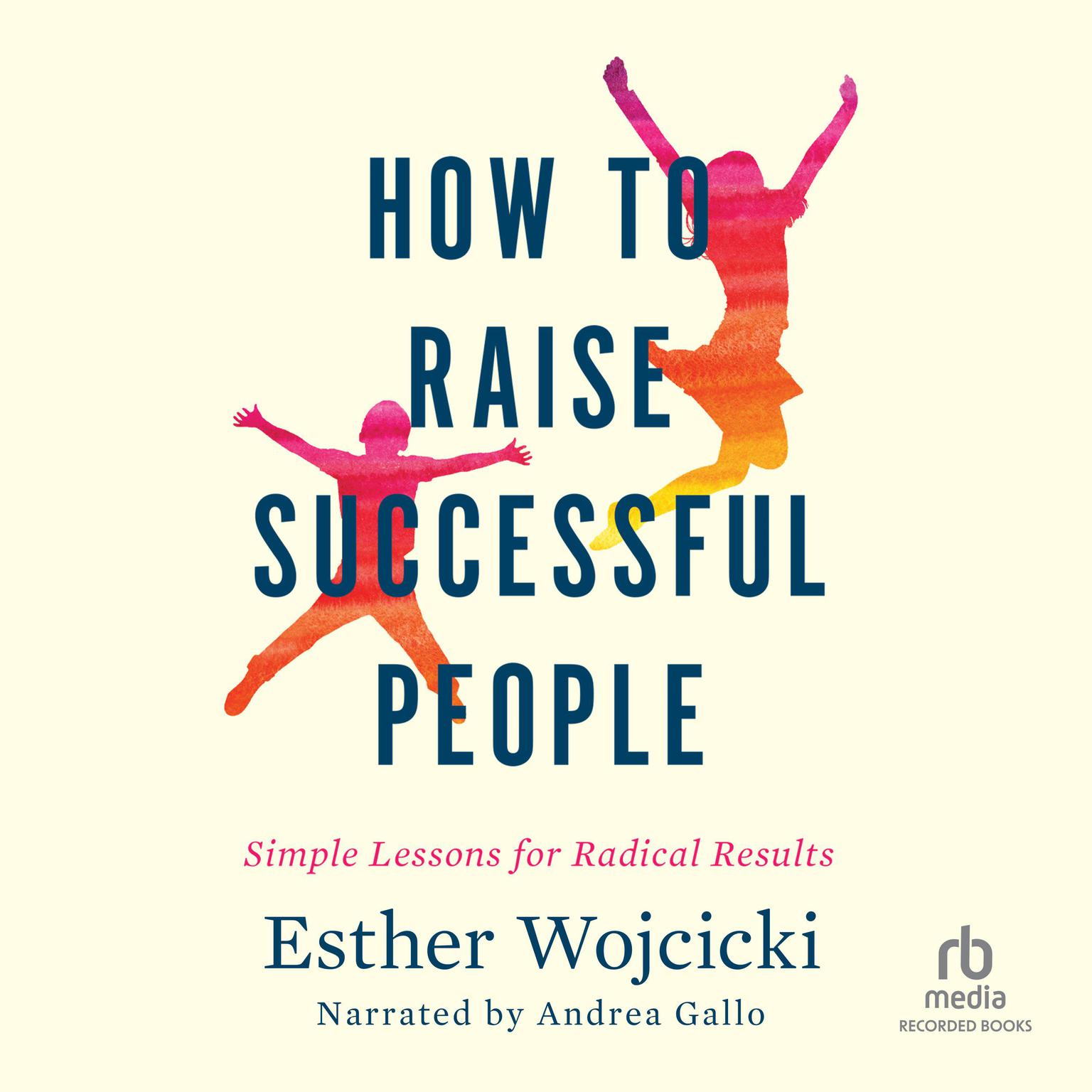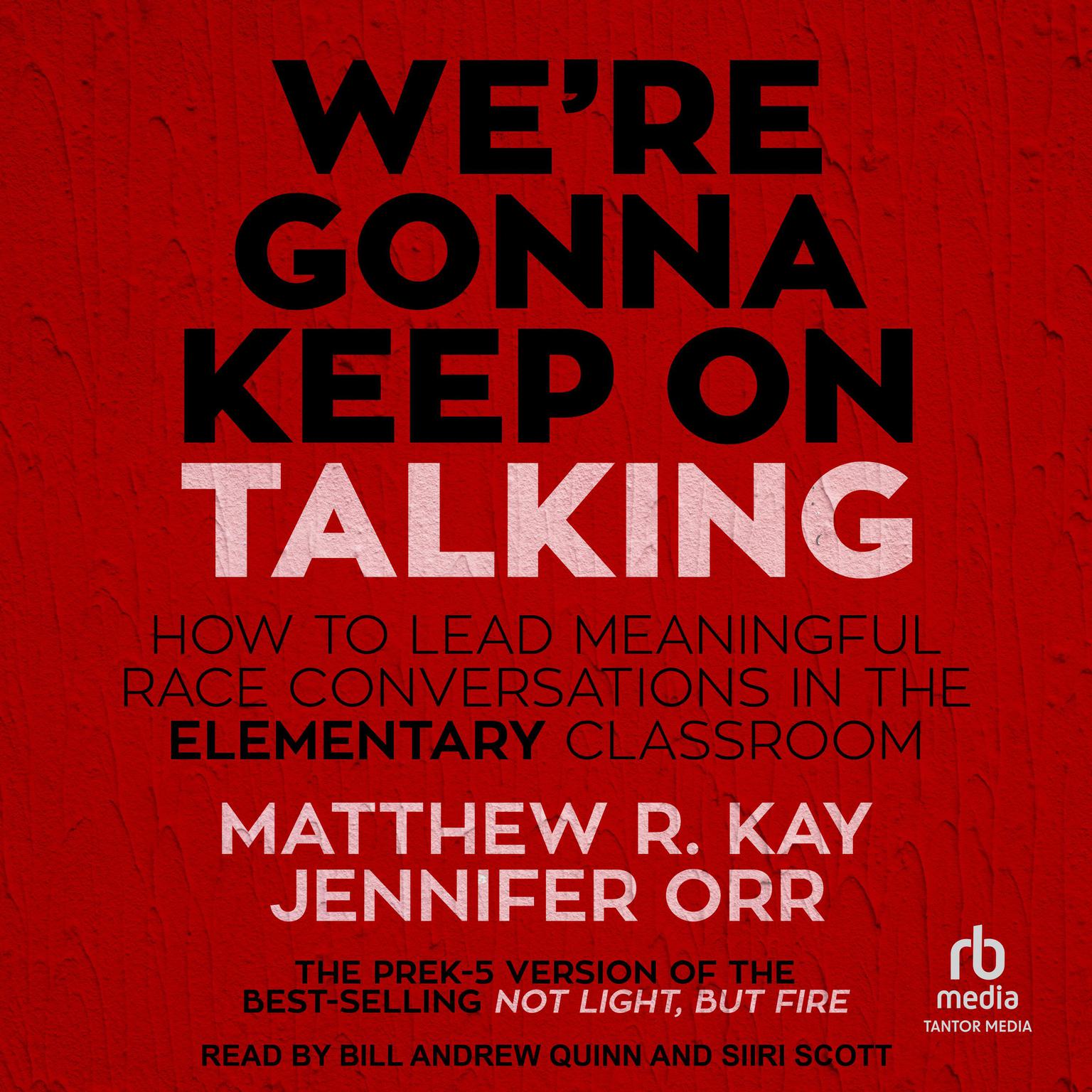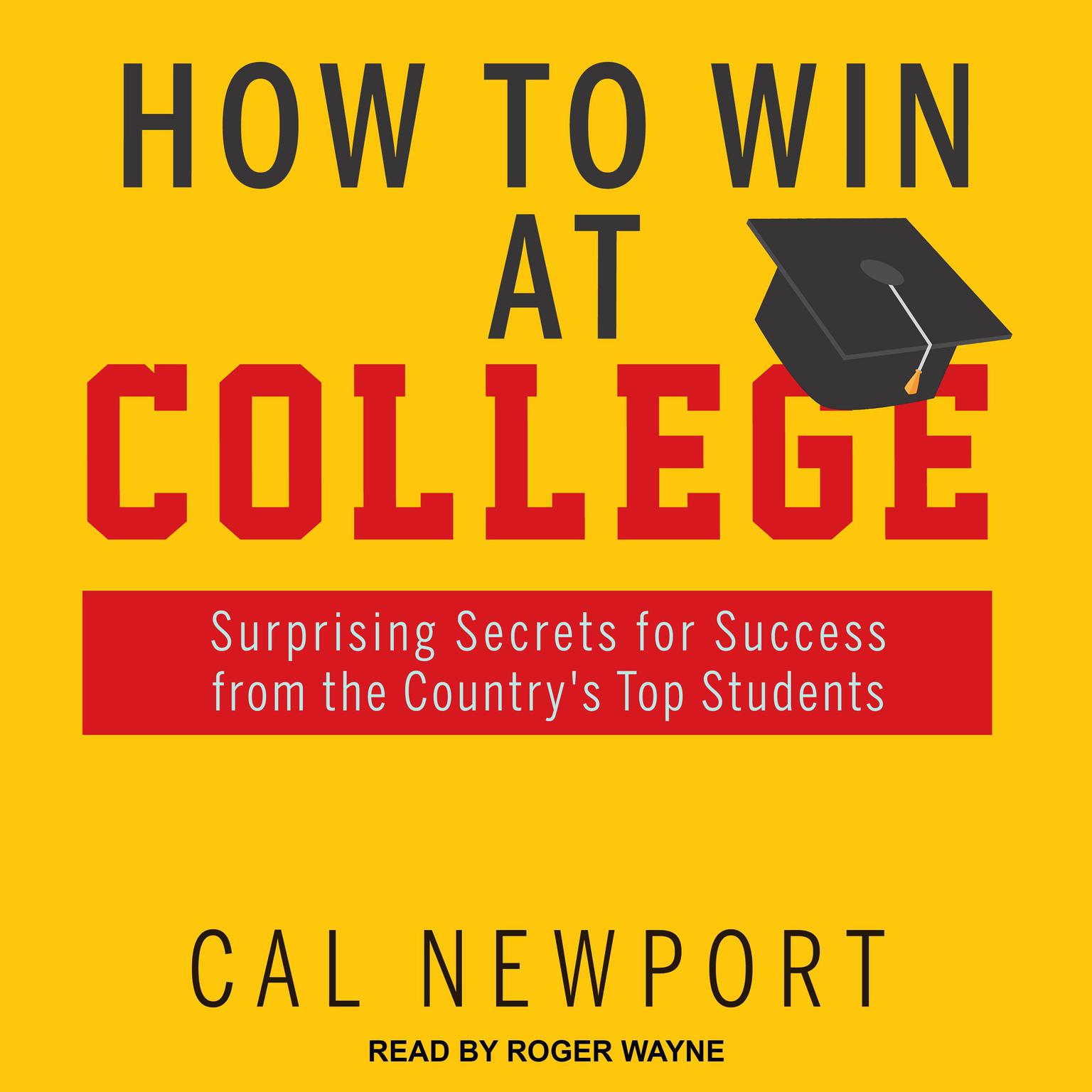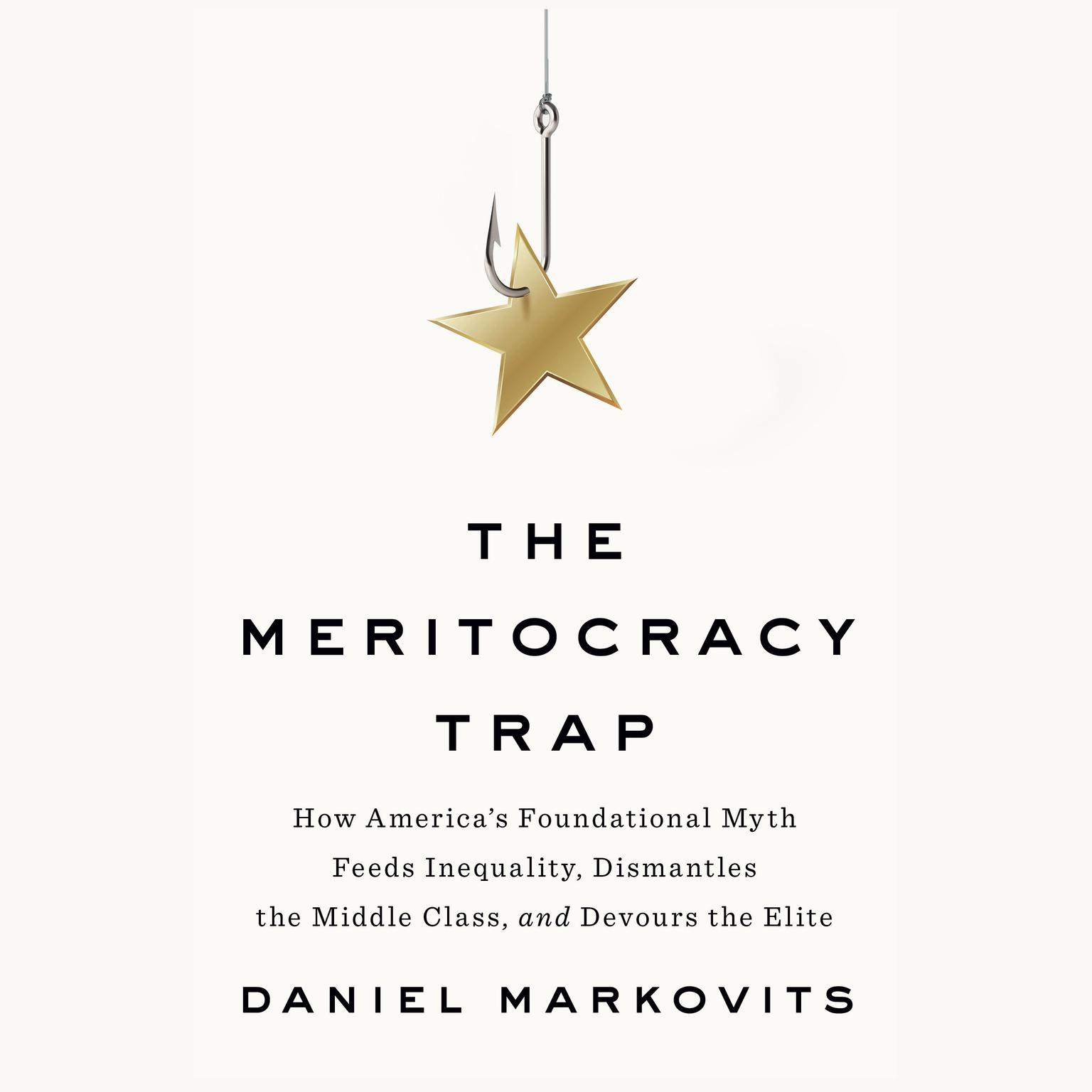Publisher Description
Are you happy in your marriage—except for those weekly spats over who empties the dishwasher more often? Not a single complaint—unless you count the fact that you haven’t had sex since the Bush administration? Prepared to be there in sickness and in health—so long as it doesn’t mean compromising? Be honest: Ever lay awake thinking how much more fun married life used to be? If you’re a member of the human race, then the answer is probably “yes” to all of the above. Marriage is a mysterious, often irrational business. Making it work till death do you part—or just till the end of the week—isn’t always easy. And no one ever handed you a user’s manual. Until now. With Spousonomics, Paula Szuchman and Jenny Anderson offer something new: a clear-eyed, rational route to demystifying your disagreements and improving your relationship. The key, they propose, is to think like an economist. That’s right: an economist. Economics is the study of resource allocation, after all. How do we—as partners in a society, a business, or a marriage—spend our limited time, money, and energy? And how do we allocate these resources most efficiently? Spousonomics answers these questions by taking classic economic concepts and applying them to the domestic front. For example: • Arguing all night isn’t a sign of a communication breakdown; you’re just extremely loss-averse—and by refusing to give an inch, you’re risking even greater losses. • Stay late at the office, or come home for dinner? Be honest about your mother-in-law, or keep your mouth shut and smile? Let the cost-benefit analysis make the call. • Getting your spouse to clean the gutters isn’t a matter of nagging or guilt-tripping; it’s a question of finding the right incentives. • Being “too busy” to exercise or forgetting your anniversary (again): your overtaxed memory and hectic schedule aren’t to blame—moral hazard is. • And when it comes to having more sex: merely a question of supply and demand! Spousonomics cuts through the noise of emotions, egos, and tired relationship clichés. Here, at last, is a smart, funny, refreshingly realistic, and deeply researched book that brings us one giant leap closer to solving the age-old riddle of a happy, healthy marriage.
Download and start listening now!
“This I liked. I enjoy applied economics (at least in terms appropriate for literate laypeople) and it was interesting to see game theory, “moral hazard” and loss aversion linked to marriage. The main findings from the book’s presentation of econ research are not all that surprising (be transparent in communicating what you want, don’t get complacent and remember you can never achieve your personal ideal standards for chores, etc., when another person is involved), but the presentation was novel, the case studies interesting and the authors’ sense of humor enjoyable.”
—
Liz (4 out of 5 stars)
